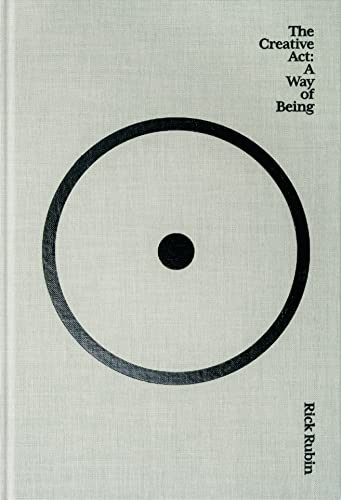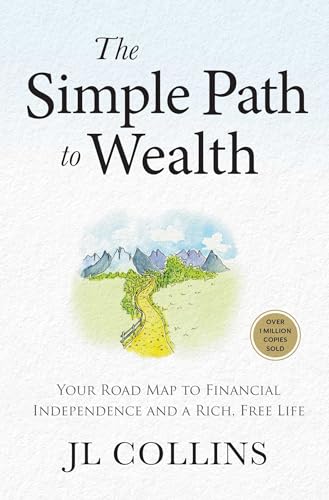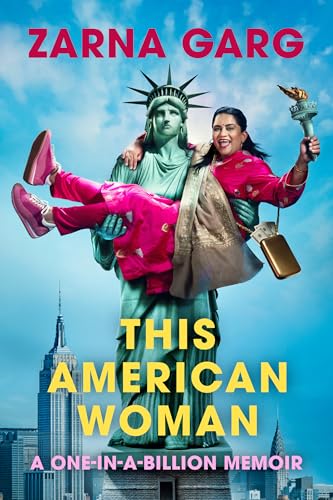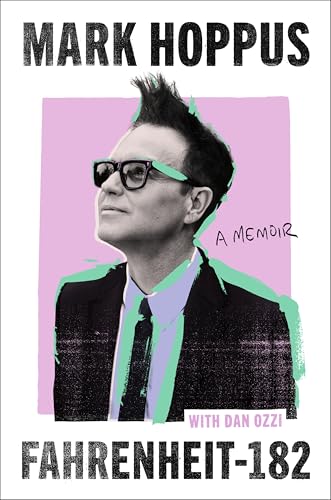Review of THE CREATIVE ACT
by Johny McFliggen, PhD Literature & Business, Oxford
If one were to imagine Rick Rubin as a modern-day Socrates, wandering barefoot through the sonic landscape of musical history, "The Creative Act: A Way of Being" would be his philosophical manifesto. This tome, co-crafted with the deft narrative hand of Neil Strauss, is less a guidebook and more an invitation to wander through the labyrinthine corridors of creativity itself. Rubin, whose Midas touch has graced artists from Johnny Cash to Adele, does not deign to offer pedestrian advice or formulaic steps for creativity. Instead, he beckons us into a state of being where creativity is as natural as breathing.
Rubin's approach is akin to a zen master teaching through koans—enigmatic, thought-provoking, and occasionally maddeningly abstract. He posits that creativity thrives in the openness to uncertainty and intuition, a sentiment that echoes the existential musings of philosophers like Kierkegaard with a hint of Beat Generation spontaneity. There is a meditative quality to his writing that feels like a balm for the soul of any creative battling the relentless march of modernity.
The book's structure, built upon reflective insights rather than linear progression, may leave some readers adrift if they're searching for actionable bullet points à la Austin Kleon's "Steal Like an Artist". Rubin's musings resonate more with the introspective and the contemplative, those willing to embrace creativity as a way of life rather than a means to an end. In this sense, Rubin's work sits comfortably alongside Elizabeth Gilbert's "Big Magic", each encouraging an embrace of the unknown with a gentle yet profound reverence.
Yet, one cannot ignore the potential frustration for those who prefer their wisdom served with a side of practicality. Rubin’s lack of concrete strategies might be seen as a shortcoming by those yearning for a more prescriptive approach to overcoming creative blockades—a territory Steven Pressfield navigates with militaristic precision in "The War of Art". Rubin instead offers a more ethereal journey, one where listening and observation are not just recommended tools but sacred practices.
Public reception has been largely positive, not unlike the adulation reserved for Rubin's legendary productions. Critics have praised his ability to distill complex creative philosophies into accessible revelations, though some have noted that his abstract approach may not satisfy those seeking straightforward guidance. Yet one could argue that therein lies the beauty of Rubin’s offering: a celebration of the intangible mysteries that lie at the heart of true creative expression.
In "The Creative Act", Rubin eschews the grandiosity of definitive answers in favor of a quiet exploration that invites readers to look inward and discover their own creative truths. For those willing to embark on this reflective journey, Rubin offers not instructions but an invitation—to live creatively, fully, and authentically. Much like his storied career in music, Rubin’s book remains an indelible mark on the canvas of creative literature, urging us all to listen deeply and embrace the chaos with open arms.
Purchase Link: THE CREATIVE ACT on Amazon



